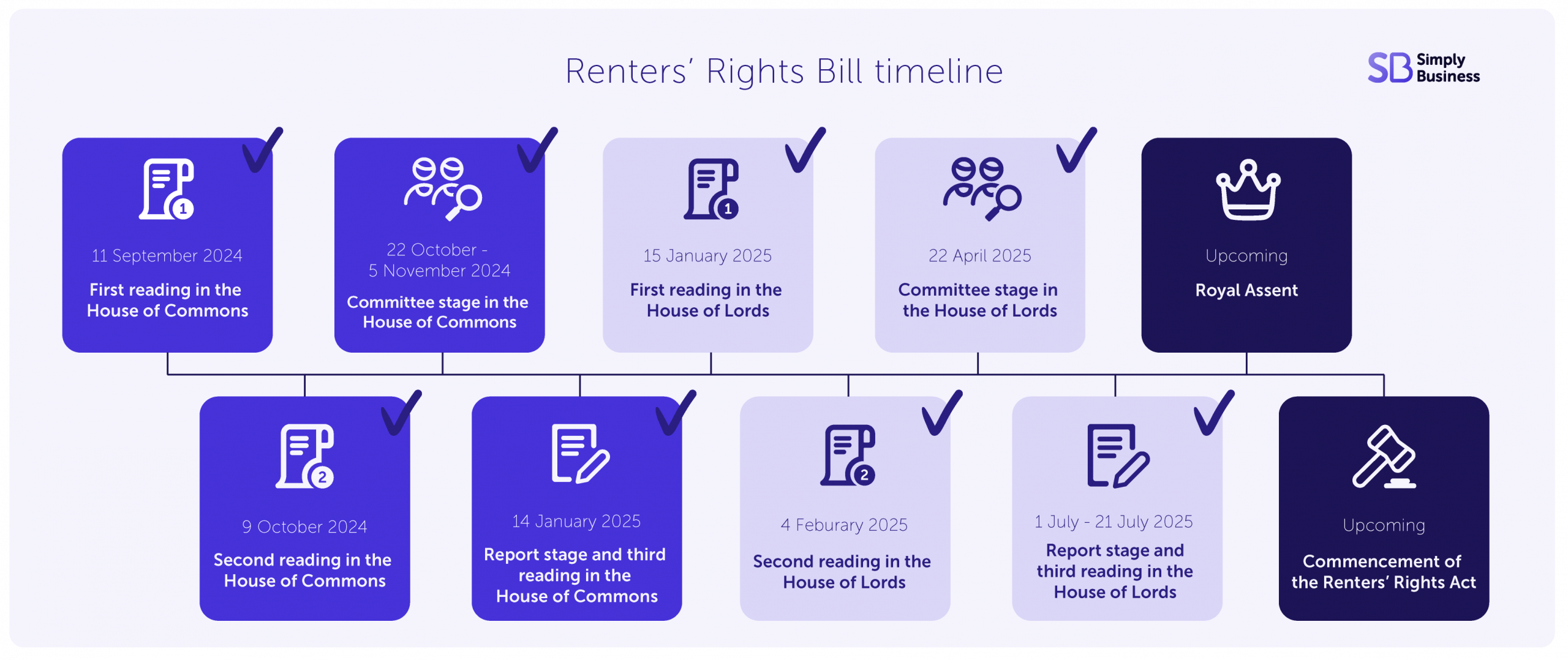Understanding the Renters Rights Bill Law

Introduction to Renters Rights Bill Law
The renters rights bill law is a significant piece of legislation aimed at enhancing protections for tenants across the United Kingdom. With the ongoing housing crisis and rising rental costs, this law seeks to address the vulnerabilities faced by renters, making it a crucial topic for millions of individuals and families who depend on private and social housing. As discussions evolve, understanding the implications of this bill is vital for both tenants and landlords.
Recent Developments
In recent months, the UK government has been working on various amendments to the renters rights bill, which is designed to improve housing security. One of the primary goals of this legislation is to eliminate ‘no-fault’ evictions, which allow landlords to terminate rental agreements without providing a reason. With these changes, the government aims to foster a sense of stability for renters, particularly in regions where the rental market is exceedingly competitive.
Furthermore, the bill includes provisions for landlords to be held accountable for maintaining their properties in safe and habitable conditions. This aspect of the legislation emphasizes the importance of basic living standards and aims to reduce instances of tenant exploitation. Consumer rights advocacy groups have praised these developments, arguing that they represent a much-needed step towards fairness in the rental market.
Impact on Tenants and Landlords
The renters rights bill law is expected to have lasting effects on both tenants and landlords. For tenants, the most significant change will be the assurance against sudden and arbitrary eviction notices. This law empowers individuals to feel more secure in their living arrangements, which is particularly important given the rising cost of living.
On the flip side, landlords may experience some constraints on their ability to terminate leases. This bill has prompted discussions about the need for landlords to adapt their business models to be more responsive to tenant needs, which could lead to improved tenant-landlord relations in the long run. Additionally, landlords may need to invest in property maintenance proactively to comply with the new legal standards.
Conclusion and Future Outlook
The renters rights bill law represents a considerable shift in the perceptions and realities of renting in the UK. As the bill progresses through parliament, its final form may shape the landscape of housing for years to come. Policymakers, tenants, and landlords will need to engage in ongoing dialogue to ensure that the law achieves its intended purpose without overburdening any party involved. As safety, security, and fairness become central tenants of the rental experience, it is clear that the future of renting will be defined by the principles enshrined in this legislation.
